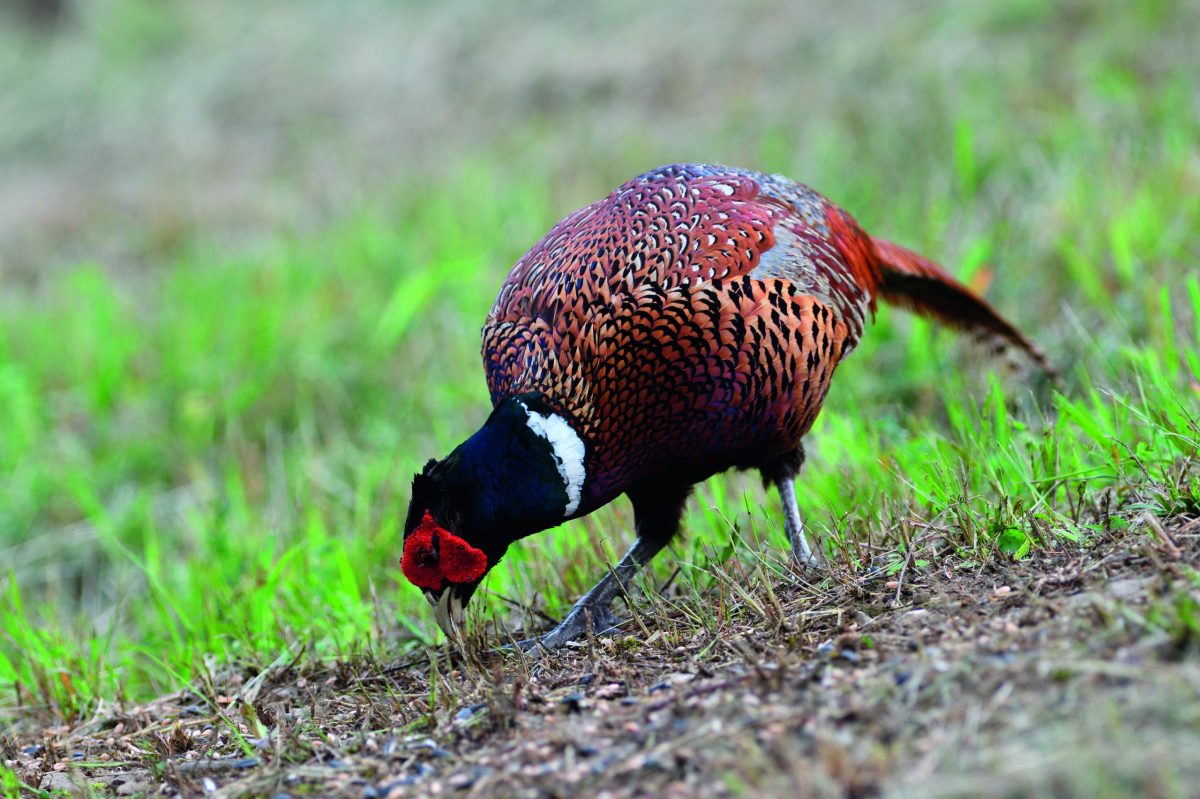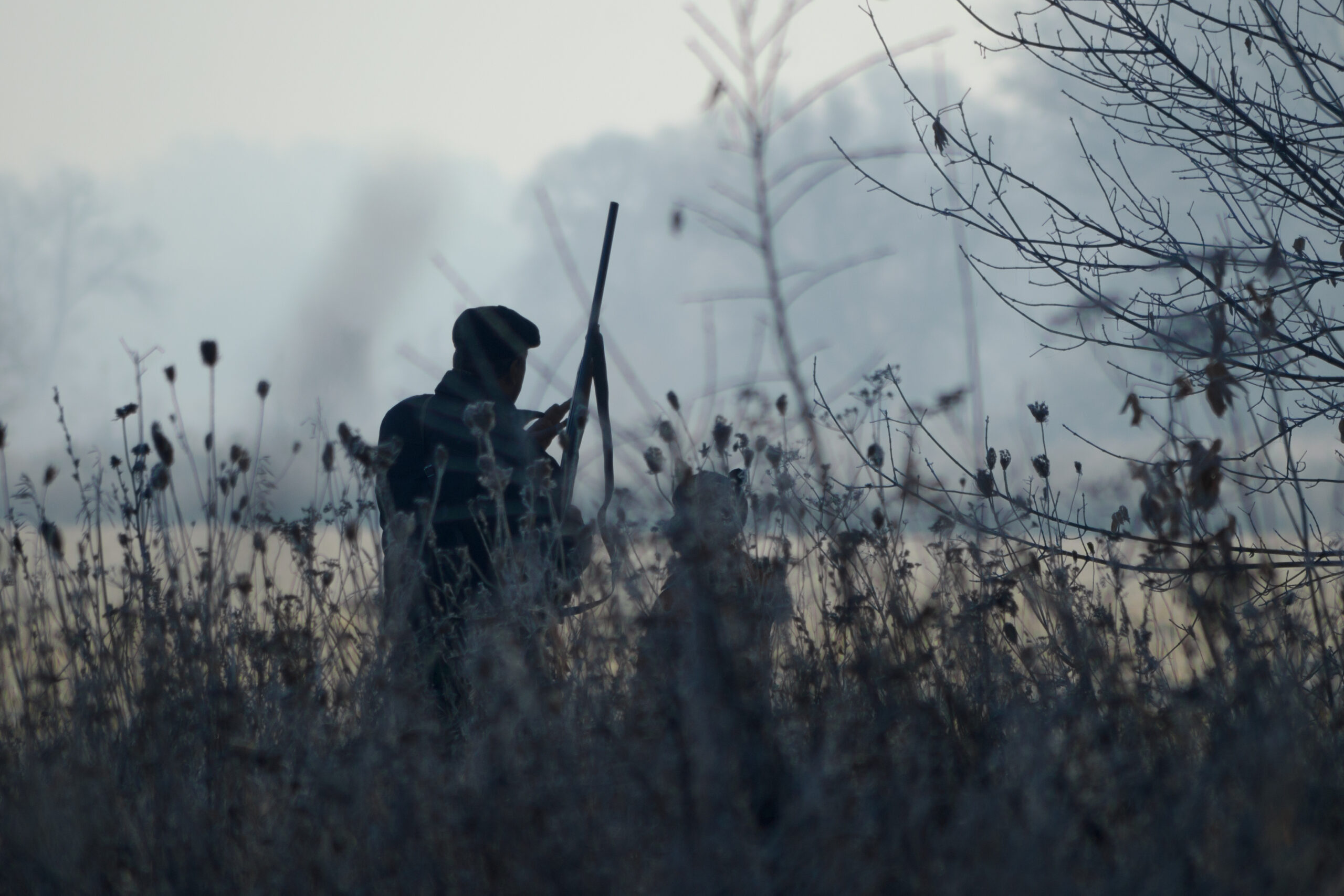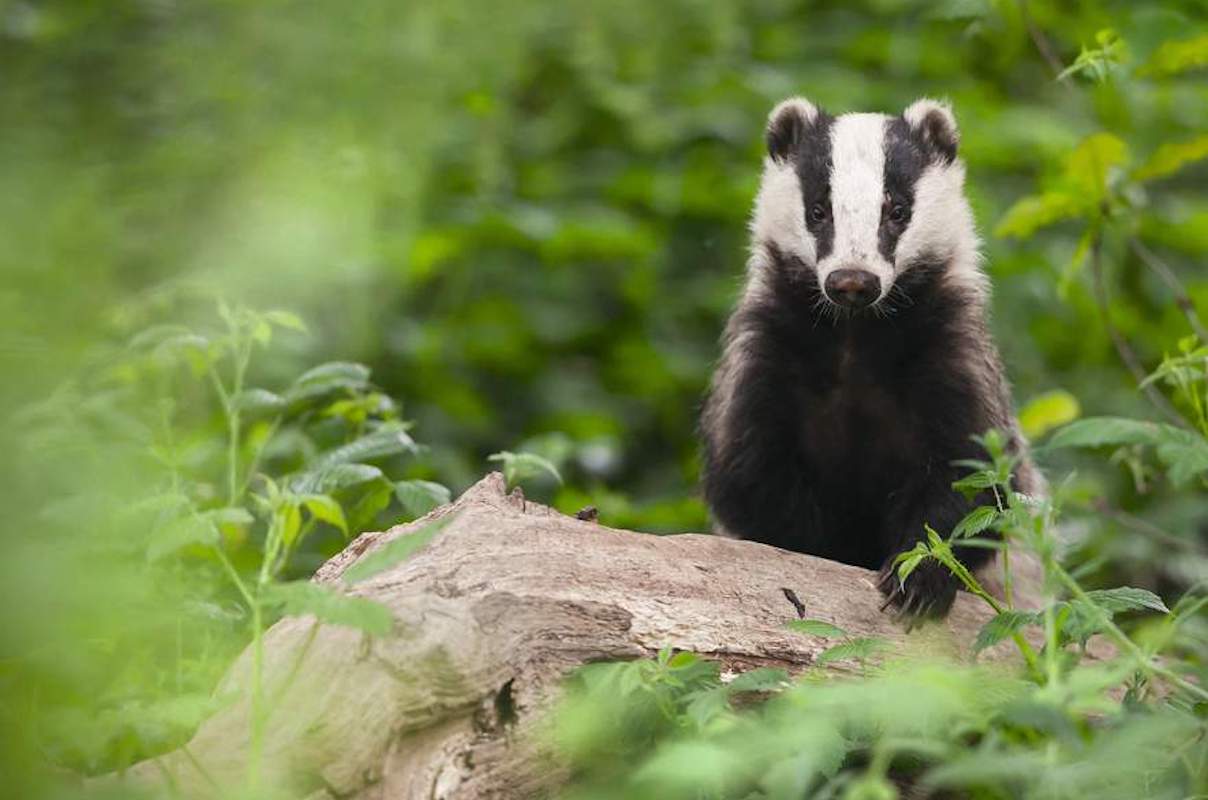Bird flu spreads to humans on UK farm
But there is no evidence of transmission between humans, says UK Health Security Agency

Feed scattered for pheasants benefits other species such as linnets, sparrows and yellowhammers
Two poultry workers employed by the same farm in the UK have become infected with bird flu (H5) virus. Neither showed any symptoms and have since tested negative.
Investigations are under way and precautionary contract tracing is being carried out.
One worker is thought to have had contamination of the nose and/or throat from material inhaled on the infected farm. The infection of the second worker is still being investigated.
We have detected the avian influenza virus in 2 poultry workers, these potential cases have been found following the introduction of an asymptomatic testing programme for people who have been in contact with infected birds.
Read more here: https://t.co/Ugrx1fDpOU
— UK Health Security Agency (@UKHSA) May 16, 2023
Professor Susan Hopkins, Chief Medical Advisor at UKHSA, said:
“Current evidence suggests that the avian influenza viruses we’re seeing circulating in birds around the world do not spread easily to people. However, we know already that the virus can spread to people following close contact with infected birds and this is why, through screening programmes like this one, we are monitoring people who have been exposed to learn more about this risk.
“Globally there is no evidence of spread of this strain from person to person, but we know that viruses evolve all the time and we remain vigilant for any evidence of changing risk to the population.
“It remains critical that people avoid touching sick or dead birds, and that they follow the Department for Environment, Food and Rural Affairs (Defra) advice about reporting.”
Testing and antivirals
What about keepers and those working with poults? I spoke to a press officer at UKHSA who said: “For those with the highest risk exposures, we may offer testing and antivirals, to help protect them from infection as well as to reduce the risk of passing infection to others.”
Shooting Times contributor Liam Bell, Shropshire gamekeeper, and former National Chairman of the National Gamekeepers Organisation, added: “The risk of a gamekeeper or game farm worker becoming ill through contact with infected birds is small, but we must all do our bit and continue to maintain the highest standards of on-farm hygiene and biosecurity, and follow DEFRA’s advice re the reporting and handling of sick and dead birds to the letter.”
Guidance from Defra on the signs of bird flu and how to report it in poultry and other birds is available on GOV.UK.








